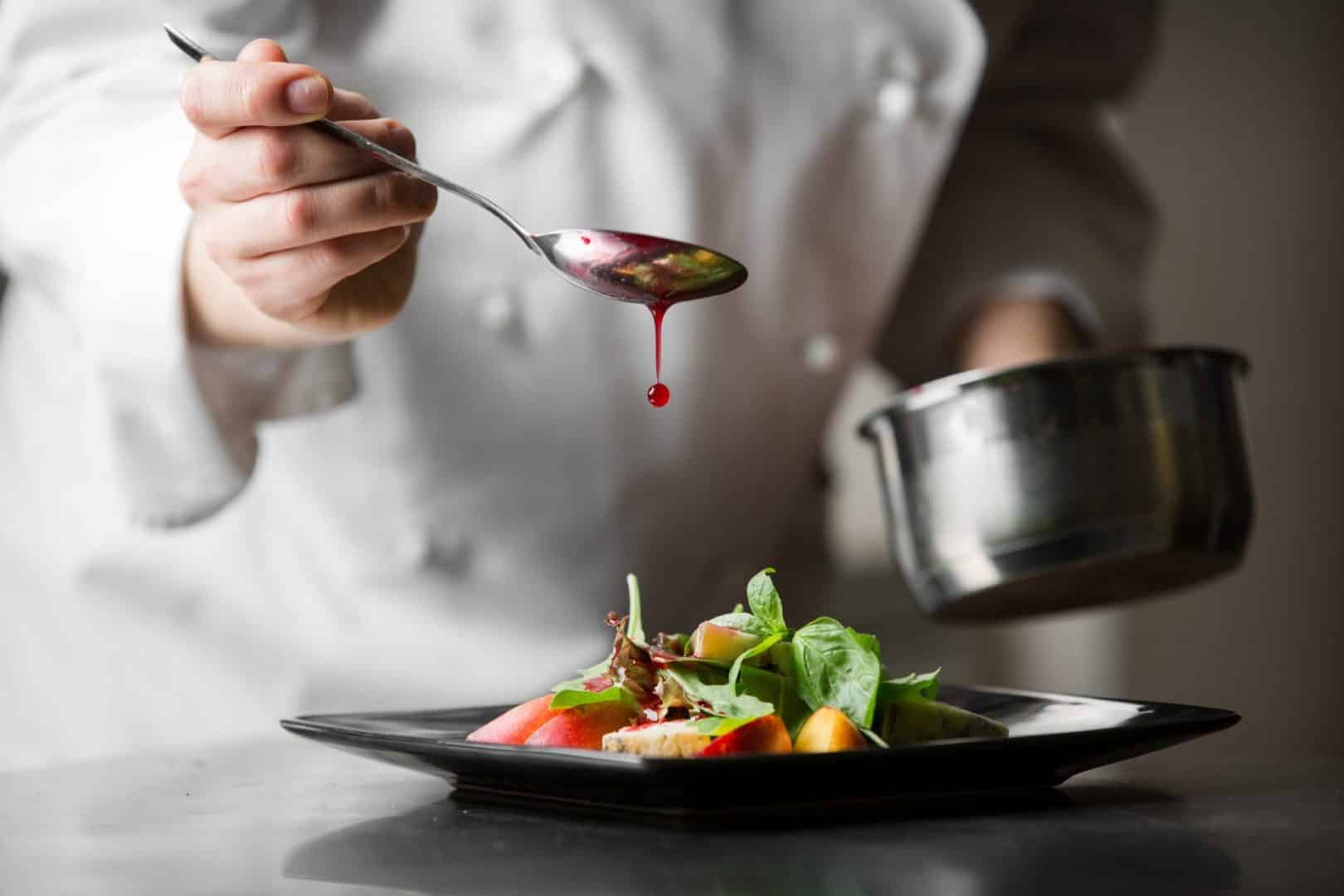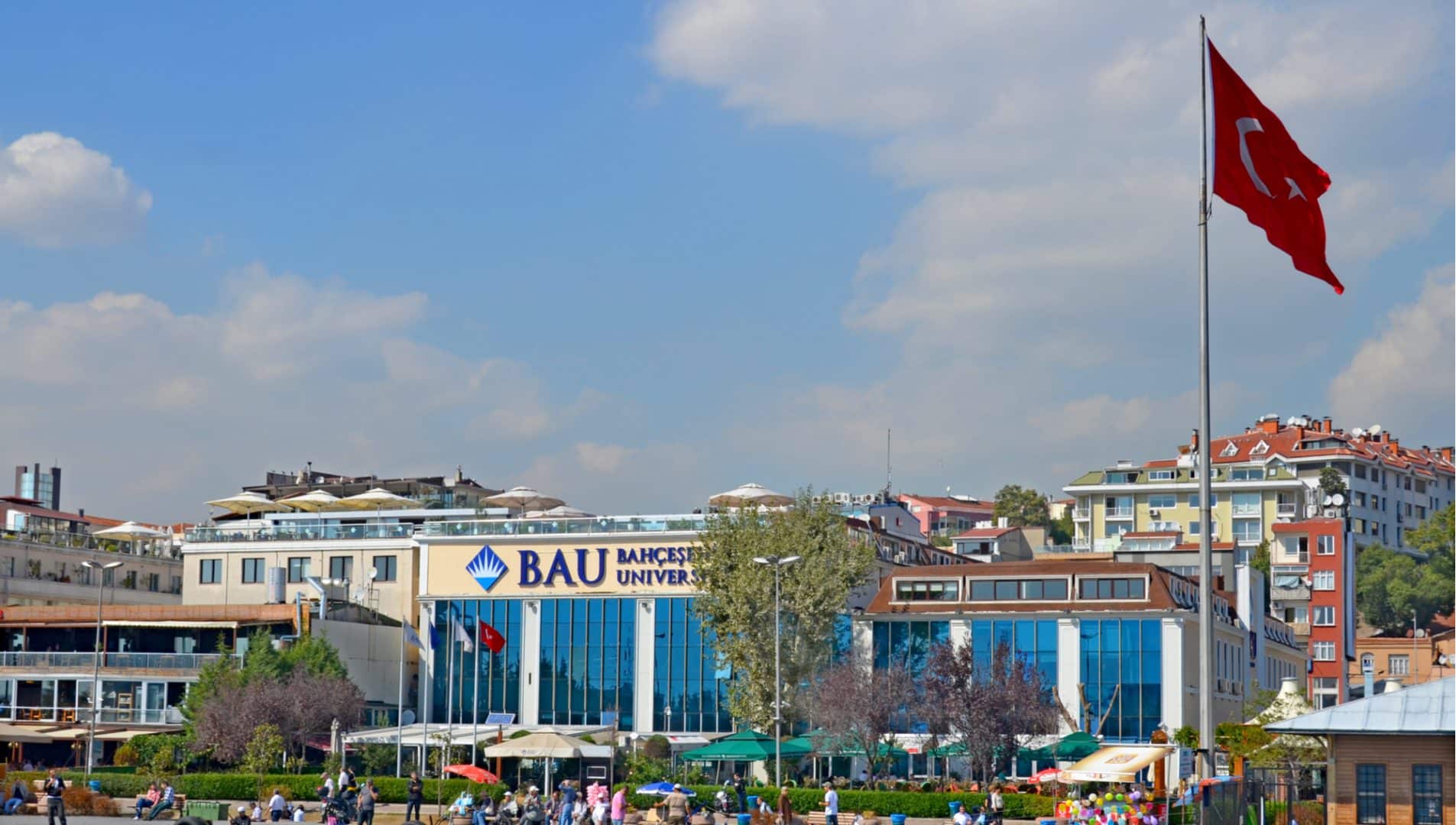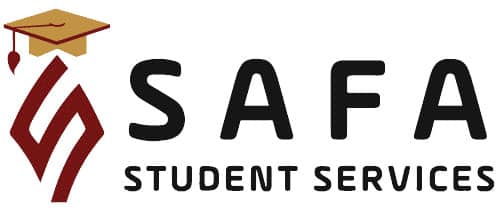Culinary Arts
Specialty
Tourism and hotels
Degree
Bachelor's
Master
PhD
Language
Turki, English
Duration
4 Years
Start Form
2000$
جدول المحتويات
Turkish cuisine is renowned for its innovative and diverse culinary arts, reflecting a rich history of cultural exchange and various influences. With roots stretching back centuries, Turkish cuisine merges Ottoman culinary traditions with unique elements from Arab, Persian, and European kitchens. Today, Turkish cuisine captures global attention due to its rich diversity and unique flavors, making it an exciting subject for the study of Culinary Arts. This guide will explore the key details students should know about pursuing a degree in Culinary Arts, particularly in Turkey.
What are Culinary Arts?
Culinary Arts is an academic and professional field focused on developing the skills and expertise required for food preparation and cooking. This discipline encompasses the study of various cooking techniques, food presentation, and understanding the scientific and medical principles that make food both delicious and nutritious. Students begin by learning the basics, such as essential cooking techniques, preparation and presentation methods, and the use of kitchen tools and equipment.

Alongside practical techniques, the Culinary Arts program allows students to explore different cultures and cuisines worldwide. The curriculum covers how to blend flavors and spices in innovative ways, encouraging experimentation with new recipes and creating unique dishes. Students also learn how to design and present menus in a way that attracts customers and enhances the dining experience.
Studying Culinary Arts in Turkey
Studying Culinary Arts in Turkey is an excellent choice for students aspiring to develop their culinary skills, thanks to the unique advantages offered by these educational programs. Turkey boasts a rich and diverse culinary heritage, reflecting the influences of various cultures that have passed through it over the centuries, making it an ideal environment for learning Culinary Arts and acquiring new skills.
One of the highlights of studying Culinary Arts in Turkey is the emphasis on traditional Turkish cuisine, known for its diversity and rich flavors. Educational programs in Turkey provide students with the opportunity to learn about the country’s famous traditional dishes, such as kebabs and baklava, as well as the unique cooking techniques that define Turkish cuisine. Students are also taught how to use fresh, local ingredients innovatively, allowing them to understand how to blend different flavors in a distinctive way.
Moreover, Turkey offers an ideal setting for practical training due to the availability of numerous high-end restaurants and hotels where students can gain hands-on experience. These establishments provide a professional environment that supports learning and development through interaction with professional chefs and gaining practical experience in food preparation and kitchen management. This hands-on training enhances students’ skills and gives them a realistic view of the culinary field.

Furthermore, studying in Turkey offers students the opportunity to explore the rich Turkish culture, which includes diverse food traditions and customs. By interacting with the local community and experiencing authentic Turkish cuisine, students can gain a deeper understanding of culinary arts and the unique presentation styles of Turkish cuisine, enriching their educational experience.
The education in Turkey reflects a commitment to quality and innovation in the culinary field, with Turkish universities adopting the latest curricula and teaching methods that contribute to developing students’ technical and creative skills. By integrating theoretical aspects with practical training, students are ensured a comprehensive educational experience that prepares them for success in the global culinary world.
What Do Students Learn in a Culinary Arts Program?
Turkish universities offering Culinary Arts provide a comprehensive curriculum designed to train students to become professional chefs, including intensive practical training focused on developing technical skills. Below is an overview of the coursework and areas of training throughout the years of study in this field:
First Year
- Introduction to Food Quality Assessment: Students learn how to evaluate the quality of basic ingredients and choose fresh, suitable materials.
- Food Service Management and Safety: Training in the principles of managing food facilities and ensuring food safety standards.
- Food Cultures: Students gain extensive knowledge about the diversity of food cultures and how to incorporate them into menus.
Second Year
- Service Marketing: Students learn strategies for marketing food services and how to attract and retain customers.
- Organization and Management: Training on how to manage teams and organize operations in a culinary environment.
- Introduction to Tourism: This course provides a background on the tourism industry and its impact on the culinary sector.
- Product Knowledge and Procurement: Students learn how to select and purchase food products efficiently.
- Introduction to Cooking Skills: Basic cooking techniques and essential skills are taught.
Third Year
- Food Storage Techniques: Training on proper food storage methods to maintain quality and safety.
- History of Turkish Cuisine and Culinary Culture: Students explore the history of Turkish cuisine and its cultural origins.
- Italian Cuisine: Techniques for preparing traditional and modern Italian dishes are taught.
- Etiquette and Food Presentation: Students are trained in professional food presentation techniques in line with etiquette standards.
- Restaurant Management: Students learn how to effectively manage restaurant operations, including customer relations and resource management.

Fourth Year
- Baking Techniques: Students learn various baking techniques, including traditional bread and desserts.
- Global Cuisine: Training in preparing dishes from various world cuisines.
- Seafood Cooking: Students learn specialized techniques for preparing high-quality seafood.
- Turkish Desserts: Students acquire skills in preparing a variety of traditional Turkish desserts.
- French Cuisine: The art of French cooking is taught, with students applying advanced techniques in preparing French dishes.
Duration of Culinary Arts Studies in Turkey
The duration of studying this major in Turkish universities is four years. The program’s teaching methods may vary from one university to another based on their academic level, but it generally does not exceed four academic years. However, students may need to undertake an additional language preparation year if they are not proficient in English or Turkish.
You can register with us now at Safa Company, which will accept your university admission easily
Safa Company is your first educational companion🎓 for communicating on WhatsApp🎓
Top Private Turkish Universities Offering Culinary Arts Programs
Turkey hosts a variety of universities offering Culinary Arts programs, catering to the numerous students interested in this field. This specialization not only plays a vital role in the success of various film and television industries globally but also benefits from Turkey’s high-quality educational standards. Among the most prominent Turkish universities offering Culinary Arts are:
- Bahcesehir University
- Istanbul Medipol University
- Istanbul Aydin University
- Yeditepe University
- Istinye University
- Beykent University
- Altinbas University
Studying Culinary Arts at Bahcesehir University
Bahcesehir University is one of Turkey’s leading private institutions, offering a diverse range of art programs, including Culinary Arts. The university is renowned for its high-quality education, being one of the most prestigious in Turkey, and provides numerous unique benefits.

1) Advanced Infrastructure and Modern Technology
Bahcesehir University employs cutting-edge educational and technological methods in its teaching processes, including realistic cooking simulation models. These tools enhance the hands-on training students receive, equipping them with the technical and practical skills needed to excel in the culinary field.
2) Experienced Faculty and Teaching Staff
The Culinary Arts program at Bahcesehir University is distinguished by its highly qualified and specialized teaching staff. These educators provide continuous support and guidance to students throughout their academic and professional journeys, helping to build a strong and sustainable knowledge base.
3) Practical Training Opportunities During Studies
In addition to its academic offerings, the university provides numerous practical training opportunities through internships and project-based learning. These experiences allow students to apply theoretical knowledge in real-world settings, significantly enhancing their practical and technical skills.
4) Stimulating Academic Environment
Bahcesehir University offers a supportive and stimulating academic environment, complete with resources that promote both personal and professional growth in the culinary field. This environment encourages students to explore their research interests and develop skills aligned with the demands of the modern job market.
5) Affordable Tuition Fees
Studying at Bahcesehir University is relatively affordable compared to similar programs in other countries. The lower cost of living in Turkey further eases the financial burden on students, making it possible for them to manage the costs throughout their studies.
Costs of Studying Culinary Arts in Turkish Universities
Culinary Arts programs in Turkey are generally more affordable than in Western universities. Tuition fees for private universities offering this program range from $2,000 to $9,000 per year, depending on the university and the specific program. These fees reflect the availability of the program across various institutions, with costs varying according to the educational standards and the language of instruction.
Other factors also influence the overall cost, such as living and accommodation expenses in the city where the university is located, which can vary based on geographical location and different living standards.
Opportunities
The field of Culinary Arts is vast and diverse, offering numerous attractive career opportunities for graduates of Turkish universities. Here are some of the most notable career paths in this field:
- Executive Chefs: Responsible for kitchen management, menu development, and team coordination, requiring extensive experience and strong leadership skills.
- Sous Chefs: Assist executive chefs in managing the kitchen and directing junior chefs, acting as the right hand to the executive chef and overseeing daily menu execution.
- Pastry Chefs: Specialize in preparing desserts and pastries, a role that demands advanced skills in baking and decoration techniques.
- Recipe Developers: Create new recipes and improve existing ones, working independently or with food companies.
- Food Critics: Evaluate restaurants and food, often writing articles or reviews to guide customers, requiring a refined palate and deep understanding of culinary arts.
- Food and Beverage Managers: Oversee food and beverage operations in hotels or restaurants, handling procurement, marketing, and customer service.
- Culinary Instructors: Teach cooking skills in culinary schools or educational institutions, training students in various techniques and methods.
- Event Planners: Specialize in organizing events that involve food, such as weddings and special occasions, coordinating all menu and service-related details.
- Food and Beverage Consultants: Offer advice to restaurants and hotels on menu improvement, management, and marketing strategies.
- Purchasing Managers: Buy ingredients and supplies needed for kitchens and restaurants, ensuring quality and cost efficiency.
Specialty Price for Culinary Arts in Turkish Universities
| # | List of universities | Turkish | English | Enroll |
|---|---|---|---|---|
|
1 |
Bahcesehir University |
- |
5950$ |
|
|
2 |
Istanbul Medipol University |
5000$ |
- |
|
|
3 |
Istanbul Gedik University |
2000$ |
- |
|
|
4 |
Nisantasi University |
2950$ |
- |
|
|
5 |
Halic University |
4800$ |
- |
|
|
6 |
Istanbul Gelisim University |
3500$ |
4000$ |
|
|
7 |
Beykent University |
3000$ |
- |
|
|
8 |
Maltepe University |
4000$ |
- |
|
|
9 |
Yeditepe University |
- |
6822$ |
|
|
10 |
Istanbul Topkapi University |
2450$ |
- |
|
|
11 |
Istanbul Aydin University |
5000$ |
- |
|
|
12 |
Beykoz University |
2050$ |
- |
|
|
13 |
Istanbul Arel University |
3000$ |
- |
|
|
14 |
Istanbul Esenyurt University |
2200$ |
- |
|
|
15 |
Ozyegin University |
- |
8800$ |
|
|
16 |
Istanbul Okan University |
3750$ |
4500$ |
|
|
17 |
Antalya Bilim University |
3320$ |
||
|
18 |
İstinye University |
4940$ |
4940$ |
|
|
19 |
Istanbul Kent University |
4000$ |
5800$ |
|
|
20 |
Istanbul Bilgi University |
- |
6950$ |
|
|
21 |
Altinbas University |
3500$ |
- |
|
|
22 |
Istanbul Galata University |
2800$ |
Related Programs
Follow the latest programs

Tourism management
The tourism sector is one of the largest contributors to Turkey’s total revenue. Specifically, the 400% increase in the number...
See More
Tourism Guidance
Tourism guidance is a vital and significant specialization in the global tourism sector, offering diverse employment opportunities in various tourism...
See More
Hotel management
Hotel management is one of the most important disciplines focused on developing management and service skills in the hospitality sector....
See More

